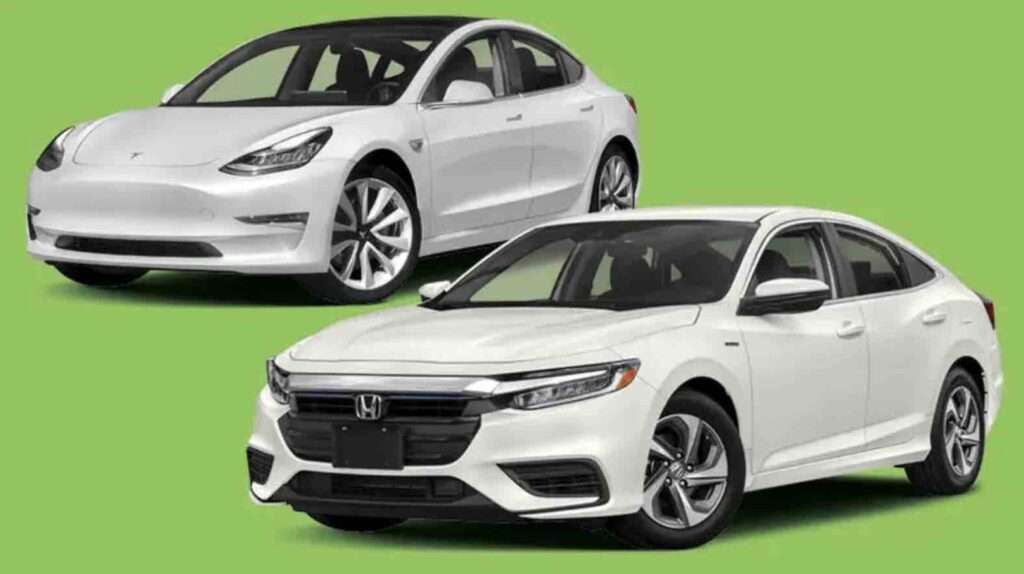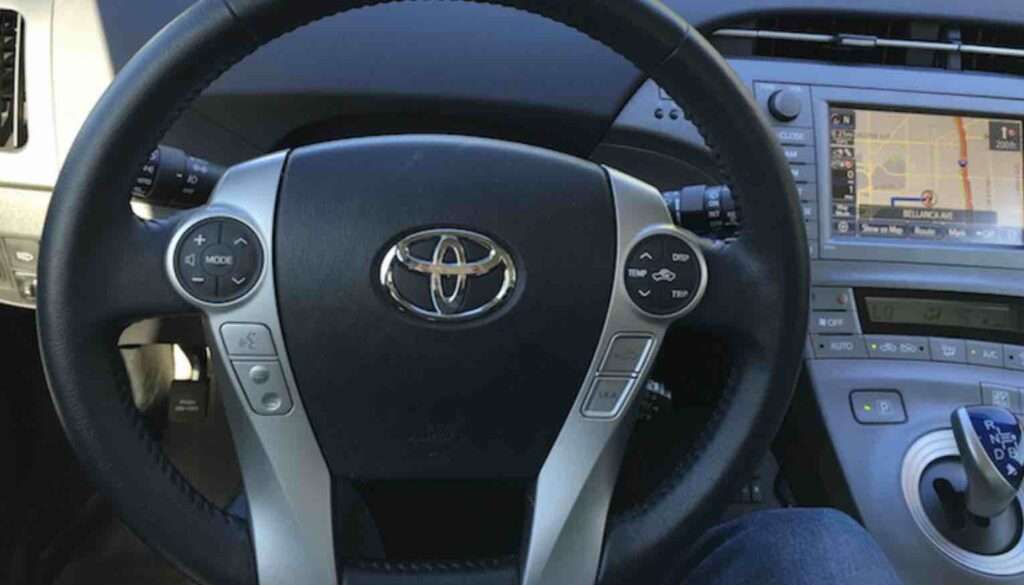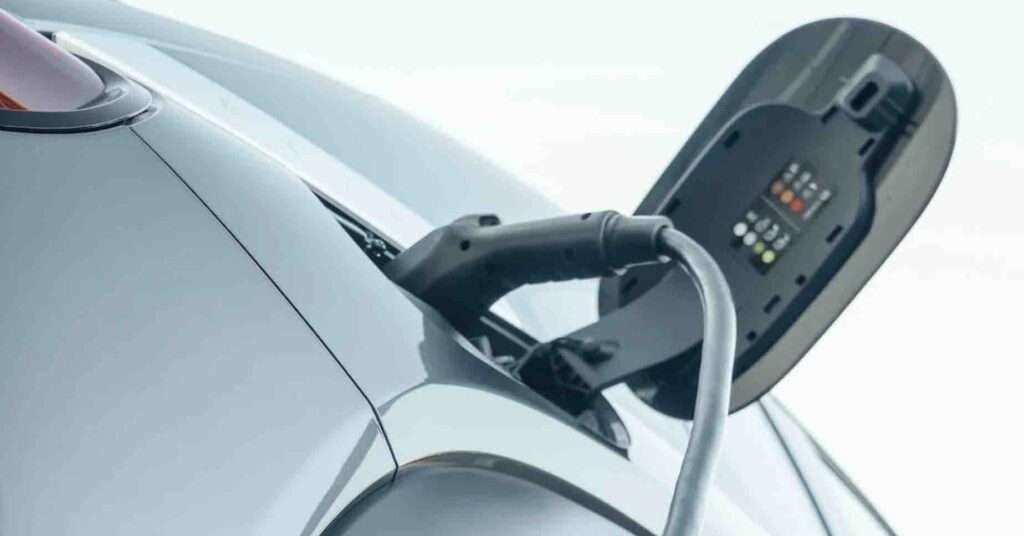Self-driving (Autonomous) cars have been a critical topic for a while, and while many people are thrilled about the possibilities they open up, there are still a lot of skeptics in the world.
While some worry about the safety of self-driving cars, others are concerned about the potential economic effects they may have on sectors like delivery and haulage. Nonetheless, there are several benefits to self-driving cars that are worth exploring despite these concerns.
In this article, I will take a closer look at 10 of the most significant benefits of self-driving cars in the US.
Self-driving cars pros and cons
Self-driving cars have numerous pros and cons. Some of which is the potential to make our roads safer, reduce traffic congestion and boost mobility for persons who cannot drive.
However, there are concerns regarding the economic impact of autonomous cars on industries such as trucking and delivery, as well as reservations about the technology’s safety and reliability.
As we progress toward a future that is increasingly reliant on automation and technology, the pros and cons of self-driving cars must be carefully assessed.
Benefits of self-driving cars
There are many benefits of self-driving cars. To begin with, they have the potential to increase road safety by lowering the number of collisions brought on by human mistakes.
As a result, insurance rates decline.
Self-driving cars’ enhanced safety features are designed to better avoid collisions and moving violations, making it simpler for people to go around and cut down on commuting times.
The mobility of those who are unable to drive themselves, such as the elderly or those with impairments, could also be improved by self-driving vehicles.
These are only a few of the numerous benefits self-driving cars have to offer; I’ll cover the other benefits in more detail as I progress in this article.
10 benefits of self-driving cars
- Reduces accidents.
Self-driving cars reduce the number of accidents on our roads. Most accidents are caused by human error: drinking while driving, inattentive driving.
The technology of self-driving cars enables them to detect objects in their environment. The radar, lidar sensors, and cameras allow them to react rapidly to any objects in their way by making split-second decisions to avert accidents.
- Reduces Traffic congestion
Self-driving cars significantly reduce the amount of traffic on our roads.
They communicate with each other on the road, making it easy for them to coordinate their movements and avoid collisions on the road.
They employ algorithms to better optimize routes and detect traffic congestion than human drivers, potentially resulting in smoother and faster rides.
With a more efficient driving system in place, cars could travel at a more consistent speed, and there would be fewer accidents and delays caused by human error.
- Increases mobility
Self-driving cars are of great benefit to people who can’t drive because of physical or mental disabilities: the elderly and disabled.
The ability of self-driving cars to use radar, sensors, and cameras to monitor their environment and modify their speed and direction: provides the elderly and disabled with greater freedom and independence — as they would no longer be reliant on others for transportation or worry about the risks associated with manual driving.
- Saves parking space and cuts down on Car expenses
A considerable benefit of self-driving cars is that they could greatly reduce the time and money spent on parking and a 15% decrease in parking space is anticipated.
Today’s parking lots must have enough space between vehicles to allow for easy parking and vehicle exits. Self-driving cars reduce the need for large parking lots and garages
Self-driving cars allow passengers to be dropped off at their destination, and the vehicle would then locate a parking space on its own.
- Environmental benefits
Self-driving cars have the potential to significantly reduce the amount of greenhouse gas emissions generated by transportation. The technology used in self-driving cars ensures maximum fuel efficiency.
The driving protocols of self-driving cars prevent excessive speed and avoid frequent braking and re-accelerating, which reduces the number of emissions discharged into the atmosphere—compared to a car driven by humans.
Additionally, self-driving cars could be programmed to take the most efficient route to their destination, further reducing fuel consumption.
- Increased productivity
Self-driving cars provide us with more opportunities to be productive while we’re on the road, which is one of its greatest benefits.
With self-driving cars, people can work, read, or relax during their commutes instead of being stuck behind the wheel; leading to higher productivity
- Reduces Insurance costs
Self-driving cars reduce insurance costs. They can prevent accidents and traffic infractions thanks to their enhanced safety measures, sensors, and cameras.
This lowers the number of accidents, which in turn results in lower insurance costs for drivers.
- Improved fuel efficiency
One of the many benefits of self-driving cars is their ability to improve fuel efficiency.
Self-driving cars can be programmed to drive in a more fuel-efficient manner than human drivers, resulting in reduced fuel consumption and lower carbon emissions.
Also, because self-driving technology can accelerate and brake more smoothly than a human driver, it can increase fuel economy by 4–10%.
As the number of accidents declines, lighter cars and trucks might be produced. This would further improve fuel efficiency.
.
- Improved safety for pedestrians and bikers
Self-driving cars are equipped with new sensors as the technology develops so that they can recognize and avoid obstacles in their way.
This lowers the likelihood of accidents by assisting them in identifying and avoiding obstacles like pedestrians and bikers.
Self-driving cars also employ artificial intelligence algorithms to foresee potential dangers, enabling them to slow down or prevent collisions.
This is especially beneficial for pedestrians and bikers, who human drivers frequently ignore.
With Self-driving cars, everyone is safer and more secure on the road.
- Car Sharing
With self-driving cars, cities may transition to a system in which individuals no longer own automobiles and instead only request the use of a self-driving car when they need it.
Vehicles would be pooled as a public service. There will be no need for auto garages, and individuals would no longer have to worry about continuous vehicle upkeep and repair.
Conclusion
Self-driving cars have the potential to greatly improve our lives in numerous ways. From increased safety to improved efficiency and productivity, the benefits of this technology are hard to ignore.
While there are still several challenges to be addressed before they can be fully legalized. The benefits are clear.

Uchenna is a Radiographer and Auto parts mechanic who recently got his automotive diploma as an auto repair technician, and since then, has worked on fixing various car problems.
Working as just a radiographer, Uchenna didn’t just get all the fulfillment he desired, because he truly loved doing things tilted toward cars. As a kid, he would take apart his toy cars to see how they worked and would spend hours tinkering with his bike.
So, in 2017 he made the tough decision to become an auto mechanic. He threw himself into his studies and now loves every aspect of what he does.
He gets to work with his hands, solving problems and bringing cars back to life, and sharing his knowledge and easy quick-fix guide online are all part of what makes him feel fulfilled.



